Carl G. Hartman Award
Supported by SSR
Named for a distinguished reproductive biologist, this is the Society’s highest award. It recognizes a career of research and scholarly achievements in the field of reproductive biology. It is not required that the nominee be a member of the Society.
2024 Award Recipient
Francesco DeMayo, PhD
Chief and Senior Principal Investigator
National Institute of Environmental Health Sciences
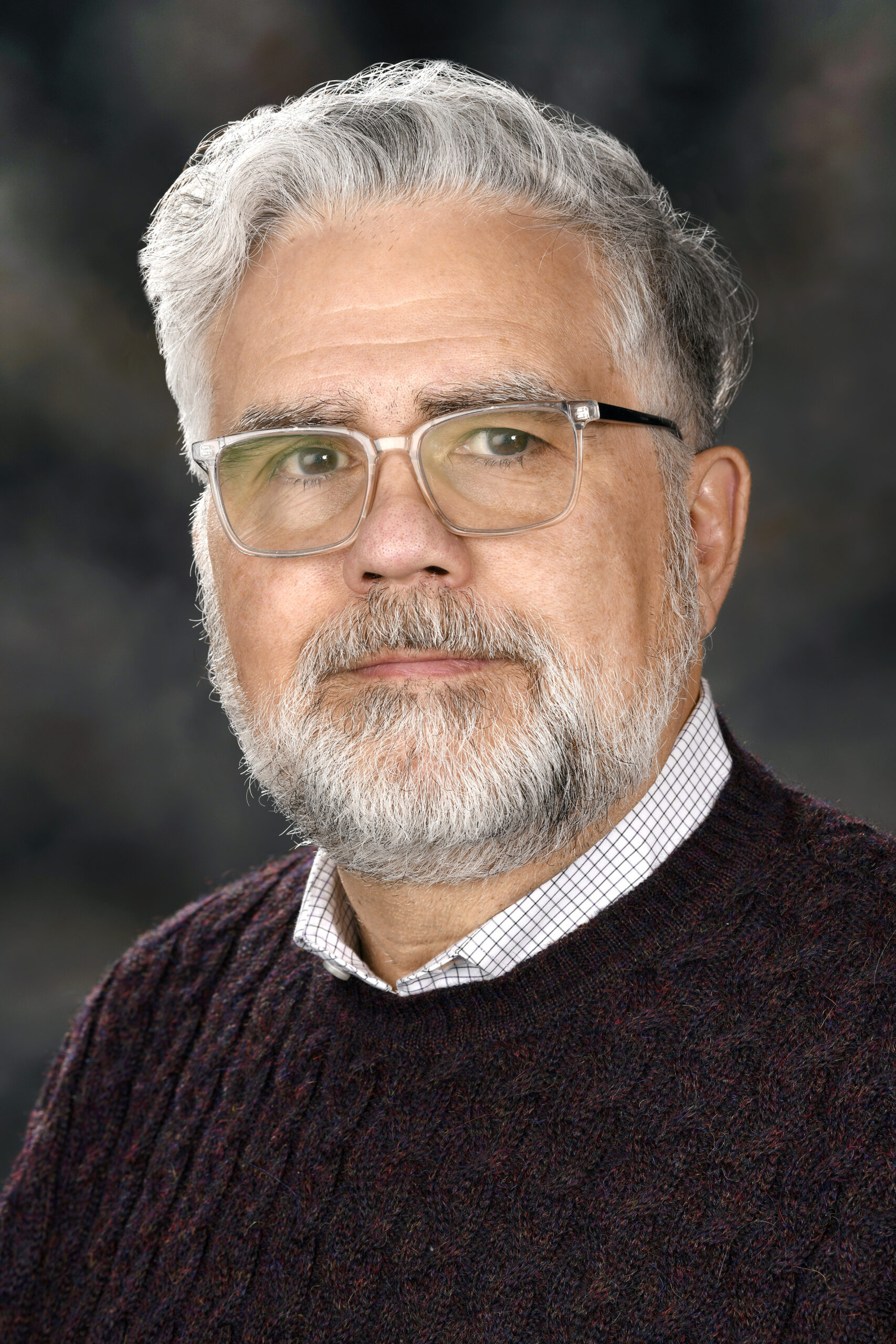
Read Bio
Francesco DeMayo, Ph.D., serves as the Chief and Senior Investigator in the Reproduction and Developmental Biology Laboratory at the National Institute for Environmental Health Science. Originally from Staten Island, New York, he obtained his B.S. from Cornell University (Ithaca, New York), followed by M.S. and Ph.D. degrees from Michigan State University (East Lansing, Michigan). Dr. DeMayo underwent postdoctoral training under Dr. David Bullock in the Department of Cell Biology at Baylor College of Medicine (BCM). Subsequently, he joined the faculty at BCM, he established the Genetically Mouse Core and achievedthe position of full Professor. During his tenure at BCM, he held the prestigious Cullen-Duncan-McAshan Endowed Chair in Cancer Research. In 2015, Dr. DeMayo transitioned to the National Institute of Environmental Health Science, assuming the role of Chief of the Reproductive and Developmental Biology Laboratory, where he leads the Pregnancy and Female Reproduction Group.
Dr. DeMayo’s research focuses on elucidating the molecular mechanisms underlying normal uterine physiology and pregnancy, with a specific emphasis on the roles of the sex steroids progesterone and estrogen. Collaborating with the Lydon laboratory, his team has developed a series of genetically engineered mouse models and employed biochemical and molecular strategies to uncover progesterone-driven mechanisms facilitating pregnancy and parturition. Their work has provided critical insights into the role of nuclear receptors and transcription factors governing the differentiation of mouse and human endometrial stromal cells supporting pregnancy. His research endeavors have received funding from prestigious organizations such as the NICHD, NIEHS, Burroughs Welcome, and March of Dimes.
Dr. DeMayo has made significant contributions to the scientific community beyond his research. He has served co-Editor-in-Chief of Biology of Reproduction, in the executive chain of the Society for the Study of Reproduction (SSR) from 2018 to 2022. He contributed to the National Institutes of Health (NIH) as a regular member of study sections such as Human Embryology and Development 1 (HED‐1) and Integrated Cellular Endocrinology and Metabolism (ICER) in 2018. Furthermore, he co-founded and chaired the Mammalian Reproduction Gordon Research Conference in 2018 and served as instructor and section coordinator for the Frontiers in Reproduction (FIR) course at the MBL in Woods Hole, Massachusetts.Dr DeMayo establishment of the Uterine Focus group, providing a platform for trainees and junior faculty nationwide to engage in scientific discourse. As a mentor, faculty member at BCM, Senior Investigator at NIEHS, and SSR leadership, he has been dedicated to promoting Diversity, Equity, Inclusion, and Accessibility in the scientific community.
Throughout his career, Dr. DeMayo has received numerous accolades, including the Michael E. DeBakey, MD Excellence in Research Award at Baylor College of Medicine, the SSR Research Award, the Frontiers in Reproduction Beacon Award, and the Distinguished Alumnus Class of 1979 at Cornell University. Additionally, he was honored with The Campion Fund Outstanding Senior Scientist Award and The Society for Reproductive Investigation Distinguished Scientist Award. He was elected a Fellow of the American Association for the Advancement of Science (AAAS) and recognized as a Distinguished Fellow of the Society for the Study of Reproduction in 2023.
SSR Research Award
Supported by SSR
This award recognizes an active, Regular Member of the Society for outstanding research published during the previous six years.
2024 Award Recipient
John Davis, PhD
Professor, Director of Research and Development
University of Nebraska Medical Center
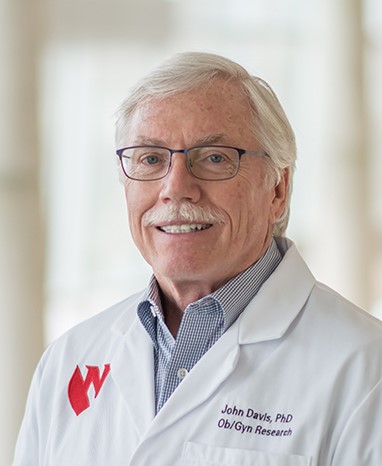
Read Bio
John S. Davis is Professor and Director of Research and Development at the Olson Center for Women’s Health in the Department of Obstetrics and Gynecology, University of Nebraska Medical Center, Omaha, Nebraska. He was awarded the MS and PhD in Physiology and Pharmacology from the University of North Dakota. He has served in his current position at the University of Nebraska Medical Center (UNMC) since 2001. He is also a Research Physiologist for the Department of Veterans Affairs and received the Senior VA Research Career Scientist designation in 2014. He provides leadership for the training and research programs at the UNMC and VA Hospital. He is the inaugural director of the Nebraska Center for Women’s Health Research. His research in ovarian physiology, particularly on molecular and cellular signaling mechanisms, has provided new information on the mechanisms of action of the gonadotropins LH and FSH, prostaglandins and growth factors involved in follicular development and the formation and regression of the corpus luteum. His research also explores mechanisms regulating tumors of the ovary and uterus. His research program utilizes human, large domestic animal, and rodent models. Dr. Davis is a strong supporter of collaborative research and mentoring students, postdocs, and junior investigators. His research has been supported by the National Institutes of Health, the Department of Veterans Affairs and the National Institute for Food and Agriculture (USDA), as well as local and private sources. He has chaired or served on NIH, USDA, VA, ACS, and NSF review panels. He has devoted much of his career to service for the Society for the Study of Reproduction (SSR) and has served on or chaired many key SSR committees. Dr. Davis served as SSR President for the 2018 annual meeting in New Orleans and was appointed a Fellow of the SSR in 2021. He has trained dozens graduate students, postdoctoral fellows, and junior faculty. Dr. Davis received the 2013 Research Leadership Award from UNMC in 2023. He is the author of more than 190 scientific publications. Dr. Davis is most proud and grateful to receive this award and he dedicates it to the many students, postdocs and colleagues and to members of his family who made it possible.
SSR Jansen Distinguished Leadership and Service Award
Supported by SSR
This award recognizes a member of the Society who has demonstrated unselfish service and leadership in advancing the discipline of reproductive biology.
2024 Award Recipient
Katherine Loveland, PhD
Professor, Head of Graduate Research
Monash University
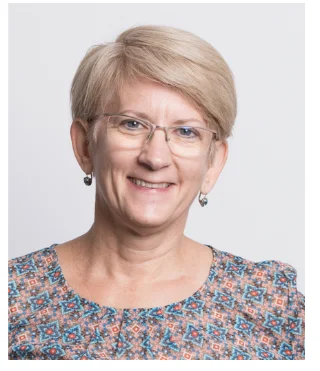
Read Bio
Kate Loveland is a Professor at Monash University, in the SubFaculty of Clinical and Molecular Medicine (formerly the School of Clinical Sciences).
In the Hudson Institute for Medical Research in Melbourne, Australia, she leads the Testis Development and Germ Cell Biology Group and was Director of the Centre for Reproductive Health for 5 years (2017-2023).
She obtained a PhD in Cell Biology from Duke University in 1987 for investigations of fertilization mechanisms under the supervision of Professor Patricia Saling. Her postdoctoral training, under Professors Joe Sambrook and Mary Jane Gething at the Howard Hughes Medical Centre at UT Southwestern, provided technical skills in intracellular protein transport and experience working with the tools emerging for molecular biology analyses. Upon moving to Melbourne, Australia, in 1989, she received further training in Reproductive Biology with Professors Alan Trounson and David de Kretser, beginning her career-long fascination with how cell-cell signaling enables formation of a fertile testis. Her independent research team was established in 2000 upon award of a 5 year Research Fellowship from the National Health and Medical Research Council of Australia (renewed through 2020).
Her research focus has been to reveal the mechanistic underpinnings of testicular pathologies, especially testicular germ cell tumours and those of developmental origins. Reflecting her training in cell biology, her quest is to understand the dialogue between cell types within the testis and that facilitates signalling and specialized cellular functions. Current projects are investigating key switches that regulate germline development and testis function These focus on elucidating the impact of activin and TGF-β superfamily protein actions on immune cells and steroid production, and how they are controlled. Other work is defining how proteins involved in regulated protein nucleocytoplasmic transport affect developmental switches. She has supervised to completion 22 Honours, 11 Masters and 31 PhD students.
In her role as Head of Graduate Research for the Monash Sub-Faculty of Molecular and Clinical Medicine (2015- ongoing), she is responsible for oversight of approximately 280 PhD and Masters students. She was previously the Australian co-leader (with Professor Andreas Meinhardt, JLU, Germany) of an International Research Training Group for PhD students (2013-2022) in the Molecular Pathogenesis of Male Reproduction joint between Monash University and Justus-Liebig University (Germany); this resulted in over 30 PhD completions (20 joint-badged) and more than 70 jointly authored publications for the team. She served as Deputy Director (under Professor John Aitken) of the Australian Research Council Centre of Excellence in Biotechnology and Development (2003-2010).
Prof Loveland has held leadership roles in the the Society for Reproductive Biology (Australia/New Zealand) and the Society for the Study of Reproduction. She is the 2023-2024 President of the American Society for Andrology and Chair of the 2024 North American Testis Workshop. She received the Young Andrologist Award from the American Society for Andrology in 2004, the Monash University Vice Chancellor’s Award for Excellence in Postgraduate Supervision in 2010, the Justus-Liebig Professorship (2014-2021), and the Society for the Study of Reproduction Fuller Bazer Award for International Scientist in 2018.
SSR Virendra B. Mahesh New Investigator Award
Supported by the Virendra B. Mahesh New Investigator Fund
This award recognizes an active, Regular Member of the Society for outstanding research completed and published within 12 years after receiving the Ph.D. or other equivalent professional degree.
2024 Award Recipient
Shuo Xiao, Ph.D.
Assistant Professor, Department of Pharmacology and Toxicology
Rutgers University
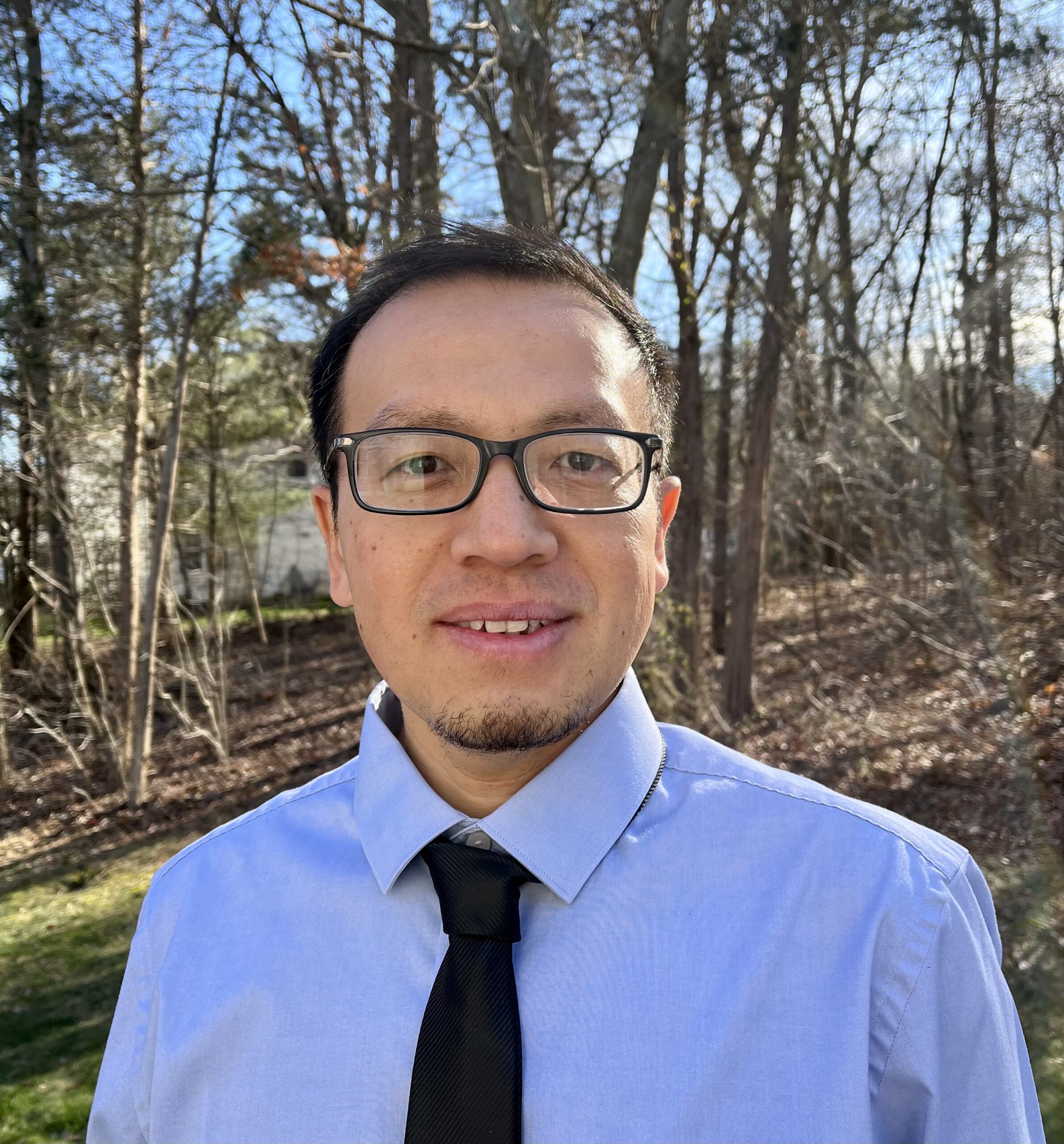
Read Bio
Dr. Shuo Xiao is an Assistant Professor from the Department of Pharmacology and Toxicology at Rutgers University School of Pharmacy. He earned his MBBS and MS degrees in Preventive Medicine from Peking University Health Science Center, followed by a PhD in Female Reproductive Biology and Toxicology from Dr. Xiaoqin Ye’s lab at the University of Georgia. He completed the Postdoctoral Training under the supervision of Dr. Teresa Woodruff at Northwestern University and focused on Ovarian Biology, Oncofertility, and organ-on-a-chip. Currently, Dr. Xiao’s research is dedicated to advancing women’s reproductive health, including (1) investigating ovarian disrupting effects and mechanisms of environmental contaminants and clinical drugs; (2) developing non-hormonal female contraception, and (3) engineering female reproduction-on-a-chip. These research projects are funded by NIH, DOD, NSF, and Bill & Melinda Gates Foundation. So far, he has published > 60 peer-reviewed papers in high impact journals. Dr. Xiao has been a SSR member since 2009. He is now a member of SSR Virtual Committee (2022-present), and he used to serve on the SSR Award Committee (2019-2022) and as a SSR Trainee Affairs Mentor (2017-2019).
SSR Trainee Mentoring Award
Supported by the SSR Trainee Mentoring Fund
This award recognizes an active, Regular Member of the Society who as a mentor has had a significant impact on Trainees within the SSR. The Trainee Mentoring Award is intended for individuals who exceed the basic roles of an academic advisor and becomes a mentor to those with whom they interact.
2024 Award Recipient
Paula Cohen, PhD
Director of Academic Integration
Cornell University
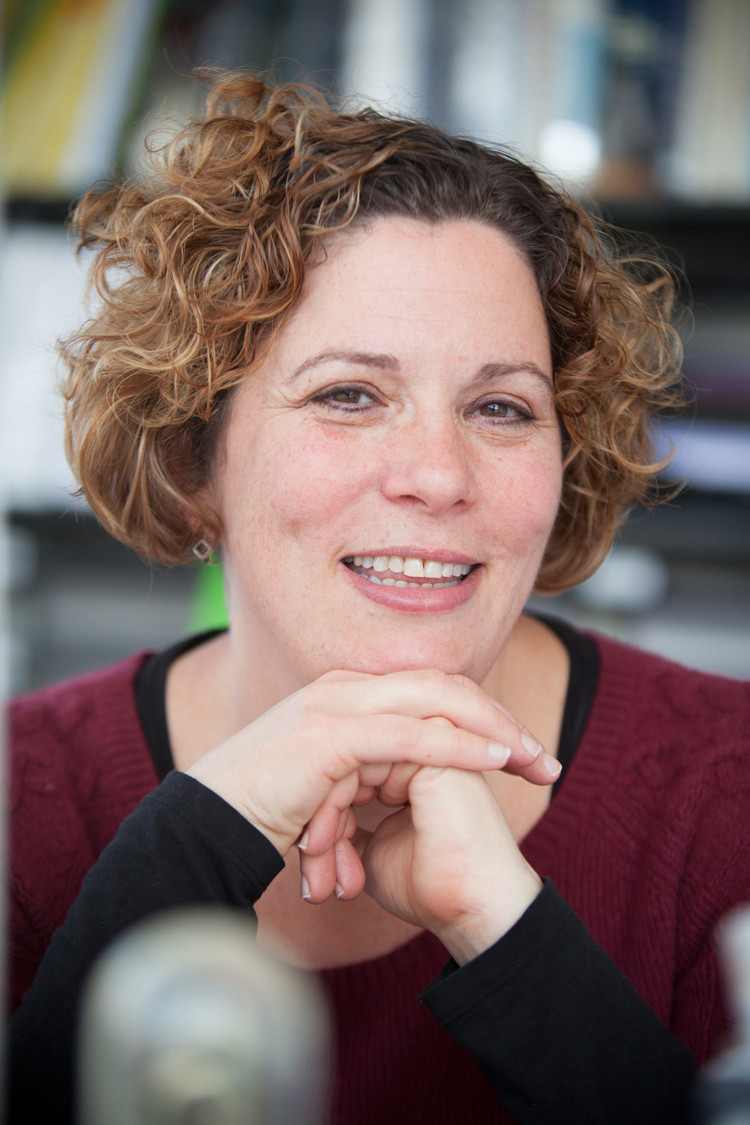
Read Bio
Dr. Paula Cohen obtained her PhD in reproductive physiology at the University of London, England, where she studied the endocrine regulation of implantation. She moved to the US in 1993, taking a Postdoctoral position at the Albert Einstein College of Medicine in New York City, where she focused on regulation of gonadal function in males and females, and in maturation of the hypothalamic-pituitary-gonadal axis. During this time, she become interested in germ cell biology and genome integrity, and transitioned into this area to study the roles of DNA repair proteins in mammalian meiosis. She joined the faculty of the Department of Genetics at Albert Einstein College in 2000, and then in 2004 was recruited to Cornell University, within the Department of Biomedical Sciences. There, she rose through the ranks to full Professor in 2013. In 2018, she became Associate Vice Provost for Life Sciences, a role that she will vacate in June 2024. In February 2024, she accepted the position of Associate Dean for Research and Graduate Education in the College of Veterinary Medicine at Cornell University. While at Cornell, she has received numerous merit awards for her research and scholarly contributions, the Cornell Provost’s award for Distinguished Scholarship (2009), and the SUNY Chancellor’s award for Academic Excellence (2017). Most recently, in January 2022, she was elected as a fellow of the American Association for the Advancement of Science (AAAS).
Since starting her own lab, she has received continuous funding from NIH, the March of Dimes, the National Down Syndrome Society, the Hereditary Diseases Foundation, and the Bill and Melinda Gates Foundation. In 2006, Dr. Cohen established the Cornell Reproductive Sciences Center (CoRe), the first Cornell-wide center encompassing clinicians and scientists from the College of Veterinary Medicine and from the Weill-Cornell Medical College, as well as participants from other colleges within Cornell University. She also started “Tri-Repro” an annual trainee-focused symposium in reproductive sciences shared with the Universities of Pennsylvania and Pittsburgh.
Dr. Cohen has co-authored over 80 papers, served as a regular and ad hoc member on several different NIH Study Sections and numerous international funding agencies. She chaired the 2020 (2022) Gordon Research Conference on Meiosis and is set to vice-chair the 2025 Gordon Research Conference in Germinal Stem Cell Biology. In her own lab, Dr. Cohen has mentored 17 graduate students, 13 Postdoctoral fellows, and dozens of undergraduate and high school students. She was a participant lecturer and lab head at the Frontiers in Reproduction Course at Woods Hole for 13 years where she was also awarded the Jerry Strauss Beacon Award for Mentorship in the Reproductive Sciences in 2022.
Fuller W. Bazer SSR International Scientist Award
Supported by Fuller W. Bazer, Ph.D.
This award recognizes an outstanding International Scientist who has consistently demonstrated excellence in research and graduate education at an institution outside of North America. The individual demonstrates outstanding potential for leading and directing scientific research overseas.
2024 Award Recipient
Islam Saadeldin, DVM, MVS, PhD
Chungnam National University, South Korea
Zagazig University, Egypt
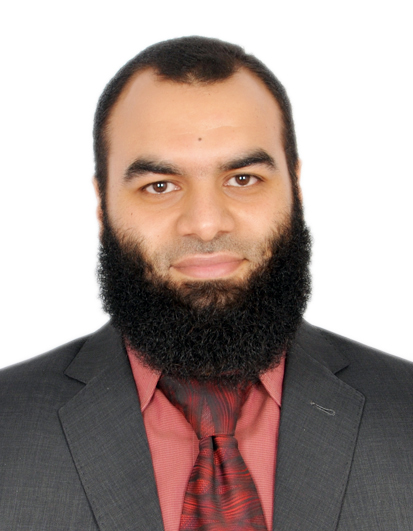
Read Bio
Professor Islam M. Saadeldin is a distinguished scholar with a rich academic background and a notable trajectory in the field of veterinary medicine. He earned his Doctor of Veterinary Medicine (DVM) and master’s degree from Zagazig University, Egypt. Driven by a passion for advanced research, he furthered his education by pursuing a Ph.D. degree at Seoul National University, South Korea, where he later contributed as a postdoctoral researcher.
Dr. Saadeldin has held key positions at renowned institutions globally. He is currently serving as a Senior Scientist at King Faisal Specialist Hospital and Research Center in Riyadh, Saudi Arabia. Additionally, he holds the position of Professor of Physiology at Zagazig University in Zagazig, Egypt. Prior to this, he was a Research Professor of Theriogenology at the College of Veterinary Medicine, Chungnam National University in South Korea. He also worked as an Associate Professor of Physiology at Zagazig University. Moreover, he has experience as an Adjunct Scientist in Comparative Medicine at King Faisal Specialist Hospital & Research Centre and a Visiting Professor at Seoul National University.
Dr. Saadeldin’s exceptional contributions to the field are exemplified by his diverse research endeavors and prolific publication record. His work, comprising two edited books, more than 200 scholarly publications encompassing research papers, reviews, conference proceedings, and book chapters, significantly contributes to the domain of advanced reproductive biotechnology. Notably, he secured a patent of invention from The Korean Intellectual Property Office for his innovative approach to bovine embryo transgenesis using PiggyBac transposons.
His research extends across various facets of reproductive biotechnology, including somatic cell nuclear transfer (SCNT), transgenesis, endometrial organoids, adult, and embryonic stem cells. Dr. Saadeldin’s scholarly pursuits delve into the intricate roles played by extracellular vesicles in embryo communication and modeling the dynamic interactions between embryonic and maternal compartments.
One of his notable research directions involves studying comparative cellular defense mechanisms against extreme hyperthermia, exploring correlations with cellular anastasis and resilience. Currently, his research trajectory is centered around the development of CRISPR/Cas9-engineered extracellular vesicles, with the overarching goal of enhancing embryo implantation and improving pregnancy outcomes in the realm of cloned and transgenic animals.
In recognition of his outstanding contributions, Dr. Saadeldin has received numerous prestigious accolades at both national and international levels. These include the Egyptian State Prize, Shoman Prize (Jordan), Almarai Prize (Saudi Arabia), Misr Elkheir Prize (Egypt), The Interstellar Initiative for Young Investigators (USA-Japan), the IETS Early Career Achievement Award (USA), and the Asian Universities Alliance Scholar Award (China).
As a Principal Investigator, he has obtained funding from several organizations in Korea and Saudi Arabia. His commitment to education is evident through his role as a university educator and his endeavors in science communication. Dr. Saadeldin’s comprehensive contributions underscore his dedication to advancing veterinary medicine and reproductive biotechnology on a global scale.
Janice Bahr Junior Scientist Travel Award
Supported by Janice M. Bahr, Ph.D.
This award recognizes a Regular Member of the Society, an active Assistant Professor or a position of similar rank on the tenure track.
2024 Award Recipient
Xiaoqiu Wang, PhD
Assistant Professor, Physiology of Reproduction
North Carolina State University
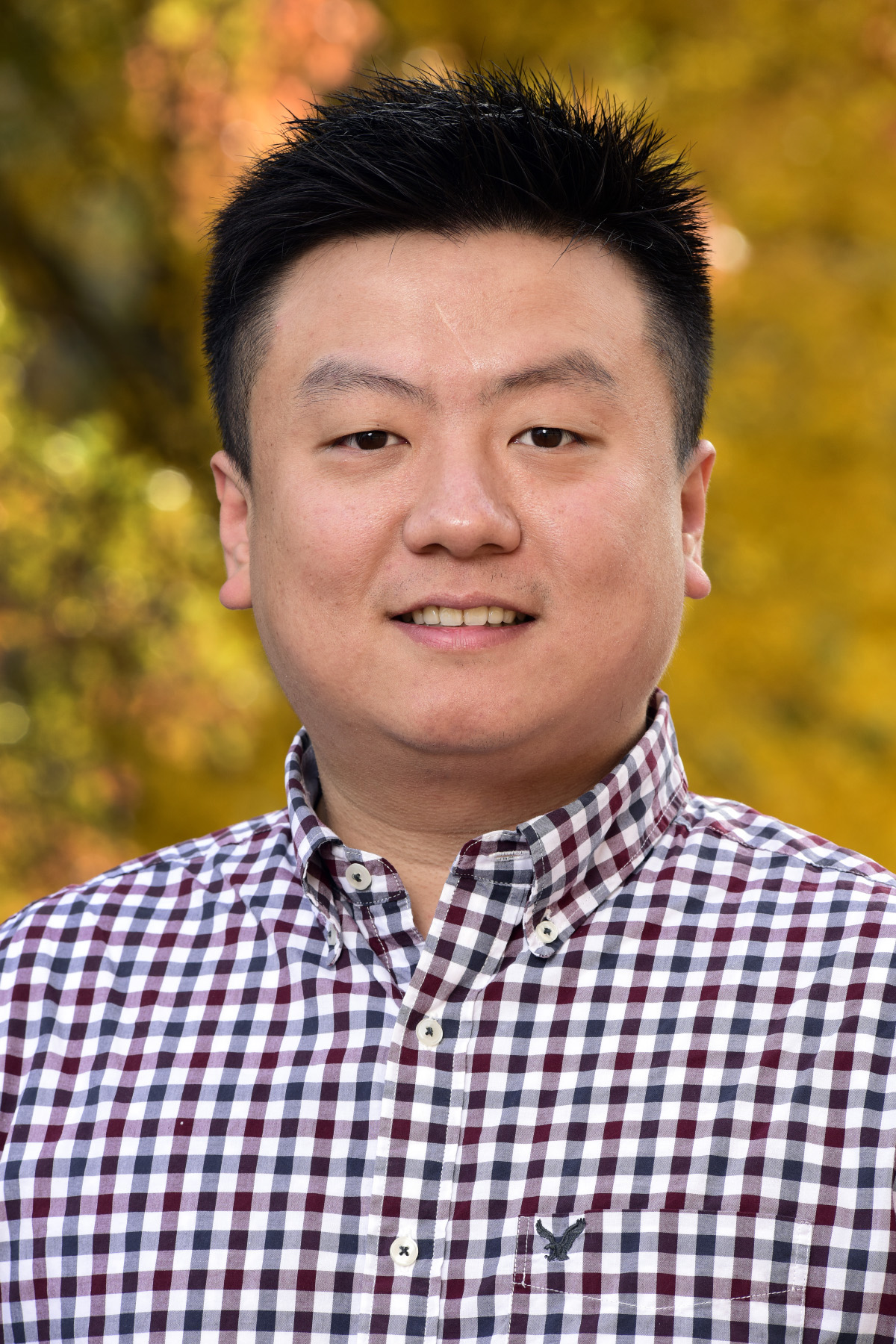
Read Bio
Dr. Xiaoqiu (Churchill) Wang is an Assistant Professor in the Department of Animal Science at North Carolina State University (NCSU), where his research delves into blastocyst implantation and endometrial function during pregnancy and diseases states. Dr. Wang received both R01 and R03 Awards from the NICHD to study the genetic and epigenetic regulation of endometrial functions in female reproductive health, pregnancy, and aging. He completed his B.Sc. and first Ph.D. in the field of Nutrition at China Agriculture University. There, he explored gut developmental defects stemming from fetal programming in response to intrauterine growth restriction (IUGR). His pursuit of the concept of fetal origin of adult disease (FOAD) led him to a second Ph.D. training under the guidance of Drs. Fuller W. Bazer and Guoyao Wu at Texas A&M University. During this period, Dr. Wang focused on uterine capacity and the impact of histotroph on the growth and development of peri-implantation conceptus trophectoderm, as well as pregnancy recognition signaling in sheep and pigs. Continuing his academic journey, Dr. Wang pursued an IRTA postdoctoral fellowship in mouse genetics, at the National Institute of environmental health sciences (NIEHS), under the mentorship of Dr. Francesco J. DeMayo. Here, he contributed significantly to identifying SOX17 and FOXO1 as two critical transcription factors required for uterine receptivity, along with uncovering a novel uterine-specific enhancer (Ihh19) using CRISPR/Cas technology.
Currently, Dr. Wang’s research focuses on elucidating the mechanisms underlying reproductive aging in the uterus, particularly the convergence of the Sirtuin 1 (SIRT1) signaling pathway and the hormonal endometrial response during endometrial decidualization and placentation. His other NIH-funded project also delve into the role of DNA demethylation in endometrial biology. Another major research area in his lab, funded by the USDA, is to understand the role of adrenomedullin in regulating conceptus elongation and implantation, with the goal of enhancing uterine capacity, and improving reproductive performance in animal agriculture. Complementing his research endeavors, Dr. Wang is deeply committed to mentoring and educating the next generation of scientists as a member of the graduate faculty at NCSU, both in the classroom and in the laboratory.

